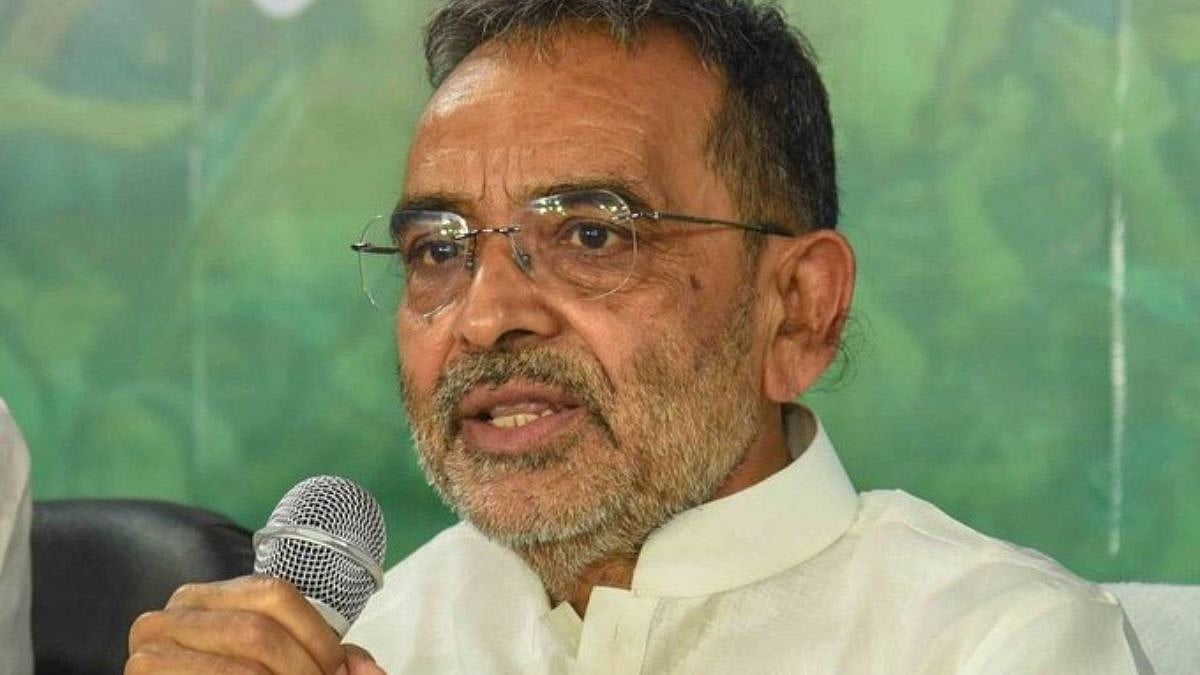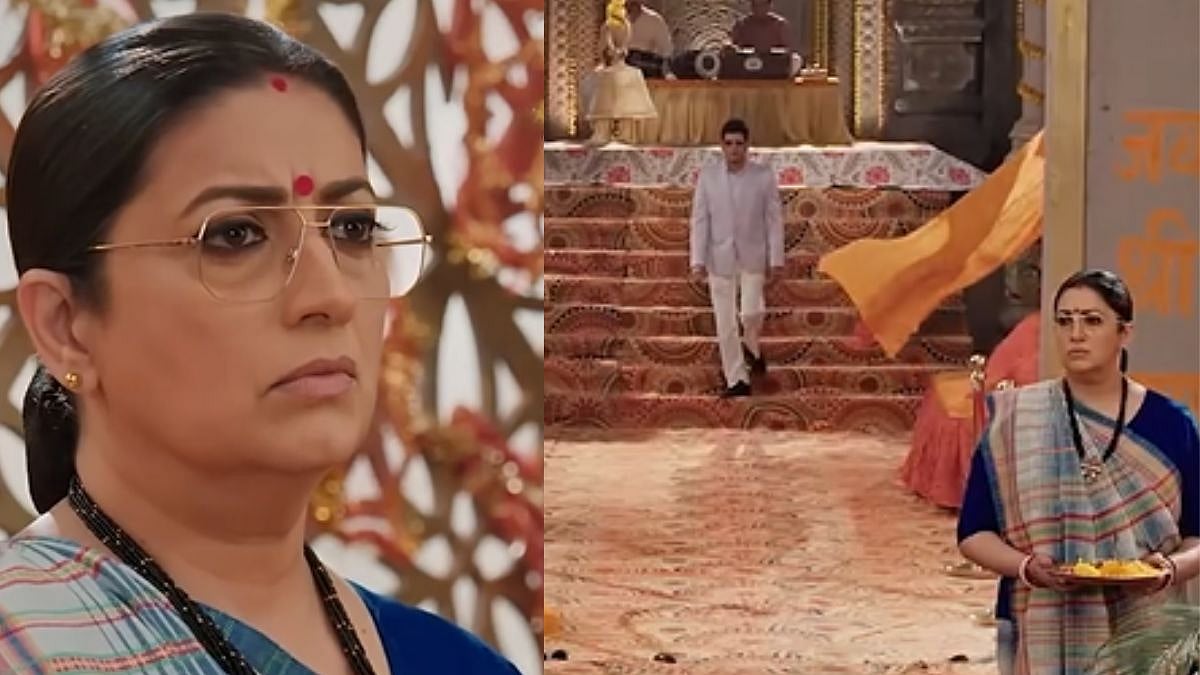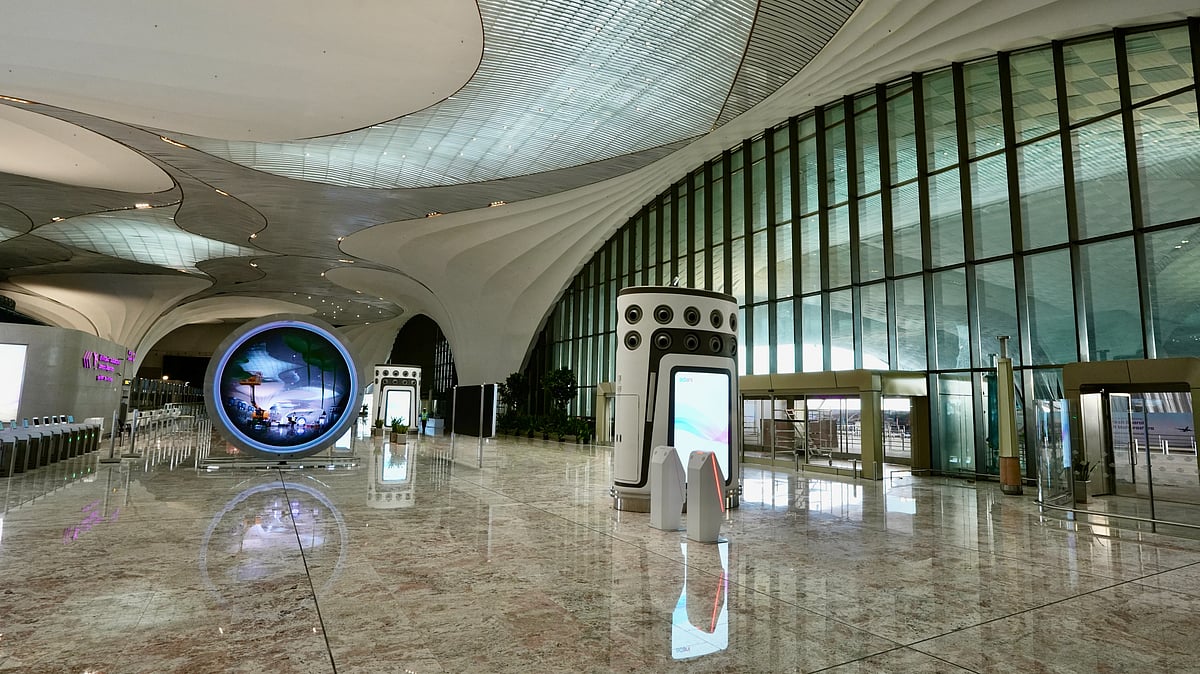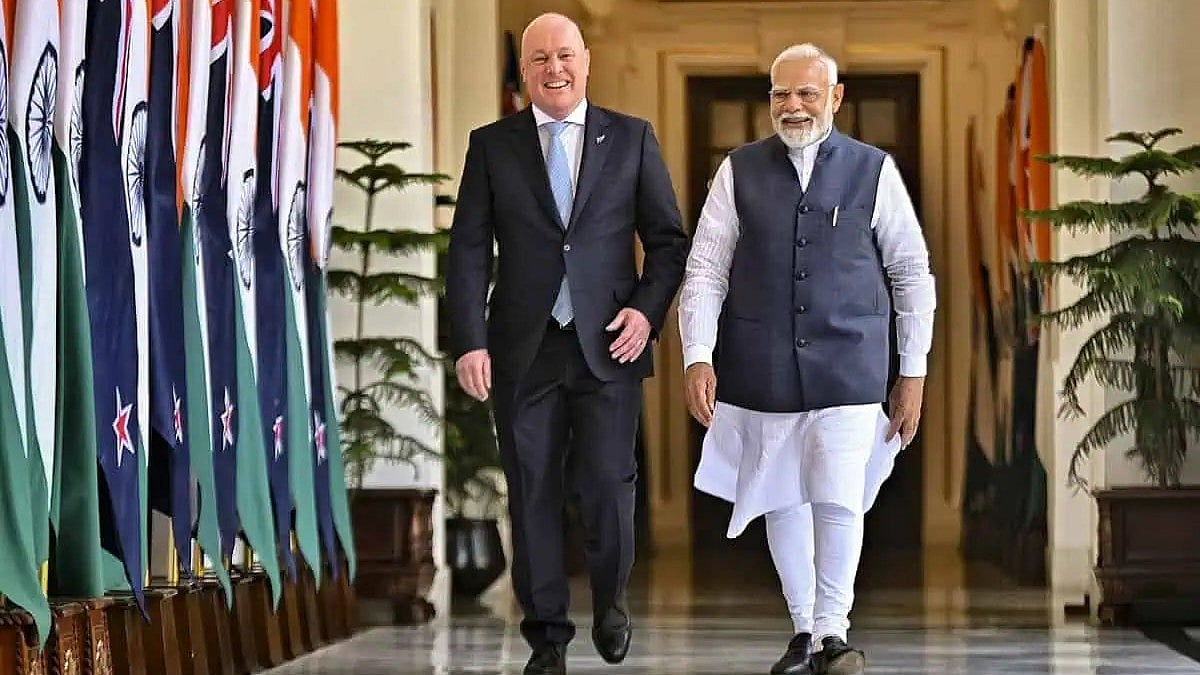A few weeks ago, India’s Union Home Minister, Amit Shah, said at a public event that there was no harm in rewriting history. Mr Shah was making a point at an event marked to celebrate the 400th birth anniversary of 17th-century Ahom general Lachit Barphukan. He encouraged students and history professors to rewrite and correct distortions in Indian history and to write them in the Indian context.
As a project, Mr Shah asked students to research 300 eminent personalities who struggled for freedom and 30 dynasties that have ruled over 150 years in the country. He added that the government would support this research as well. Mr. Shah emphasised that once this research is published, the idea that a false narrative is being propagated will no longer exist.
While attempts have been made in the past to correct and rewrite history, they have not had much of a major impact on the general population. Several names of freedom fighters have been appended, and certain names have been redacted from history textbooks over the past decades. These changes have been brought about in a systematic manner, thereby setting a new narrative in the context of Indian history. However, its impact has been minimal. Students tend to treat these chapters as just any topic to study before an examination and then move on to the subjects that they want to pursue careers in.
Several attempts have been made via celluloid and big cinema to set a narrative, but they have failed miserably. Big movies have been made about Hindu Kings, Mughals, Khiljis, Mauryas, and even the Cholas, but not many have made a mark on the box office, let alone on the psyche of the masses. Each of these movies had an average run time of about 150–180 minutes. Now, in comparison, let’s take a look at the historical dramas that Turkey produces about its Sultans and freedom fighters. At any given point in time, Turkish national television telecasts seven such shows each week, with a fixed day for each series. The shows feature Seljuk Empire Sultans, Ottomans, pre-Seljuk tribal leaders, and World War I freedom fighters. Each of these episodes has a run time of 120–150 minutes per week, and the series easily runs into 5 seasons.
To name a few of the popular series: Dirilis Ertugrul, Kurulus Osman, Alparsalan Buyuk Selcuklu, Payitaht: Abdul Hamid, Uyanis Buyuk Selcuklu, Dastaan, Malazgirt, Barbaros, Bir Zamanlar Kibris (Cyprus), Fatih, Veda: Ataturk (Mustapha Kemal), Mehmetcik Kutul Amare (WWI).
In fact, series like Dirilis Ertugrul and Kurulus Osman have a large fan following in India, Pakistan, and Bangladesh. During the national lockdown due to Covid-19, series such as Ertugrul and Osman became popular in the Indian peninsula. Dubbed in Urdu, these series have provided more historical value than the textbooks. The narrative of the series is detailed and takes the occasional creative liberty while showcasing events and incidents from the pre-Ottoman era. These shows are so popular that Ertugrul-themed restaurants have popped up in areas like Kausa, Mumbra, and Kurla in Mumbai; in Mehdipatnam, Toli Chowki and Motinagar in Hyderabad; and even in Kashmir. A restaurant on the show’s theme also opened in Birmingham, UK.
Now, what is it about these shows that makes them so popular? The fact that the Turkish state backs its production houses to produce and broadcast these narratives that showcase the glory of the bygone Ottoman era.
The Ottomans ruled over the region for nearly 600 years, and that is a lot of rich heritage and history to talk about. In the early 2000s, the Turkish government responded by making an active effort to produce such historical narratives in order to reinforce its glorious past and traditional values. It has also helped the country strengthen its tourism industry while also highlighting a rich heritage to be proud of.
After World War I, the Ottoman Empire disintegrated and the Republic of Turkey was formed. The Treaty of Lausanne recognised the new boundaries of Turkey, as the nation gave up its rights over several of its regions in the Arab world, Africa, and Europe.
The period between 1900-1923 was a difficult time for the Ottoman Empire. The 34th Sultan, Abdul Hamid II, was the last Sultan to hold complete power in the state. Once he was ousted, the empire began to crumble, which ultimately led to its loss in World War I.
The Turkish state wants its population as well as the rest of the world to know about its glorious past and rich heritage; these historical dramas and series are an active attempt at this endeavour. The current president of Turkey, Recep Erdogan, has been instrumental in this policy. During his term as Prime Minister of Turkey, Mr Erdogan encouraged the pro-Islamist narrative through cinema and celluloid. The state's support helped producers and directors come forward and script these dramas based on real-life historical figures.
The narrative seems to have worked. Since Mr Erdogan came to power, he has managed to steer the general population back towards a pro-Islamist approach, and a lot of credit goes to the series that the nation watches daily in their homes. The characters in these series are portrayed as devout Muslims, staunch nationalists, and proud Turks. And with these shows running daily in different formats, the message is loud and clear.
History can be taught in schools and universities, but if it needs to make an impact, it has to be in a visual format and not just textual.
Waleed Hussain is a senior editor based in Turkiye









